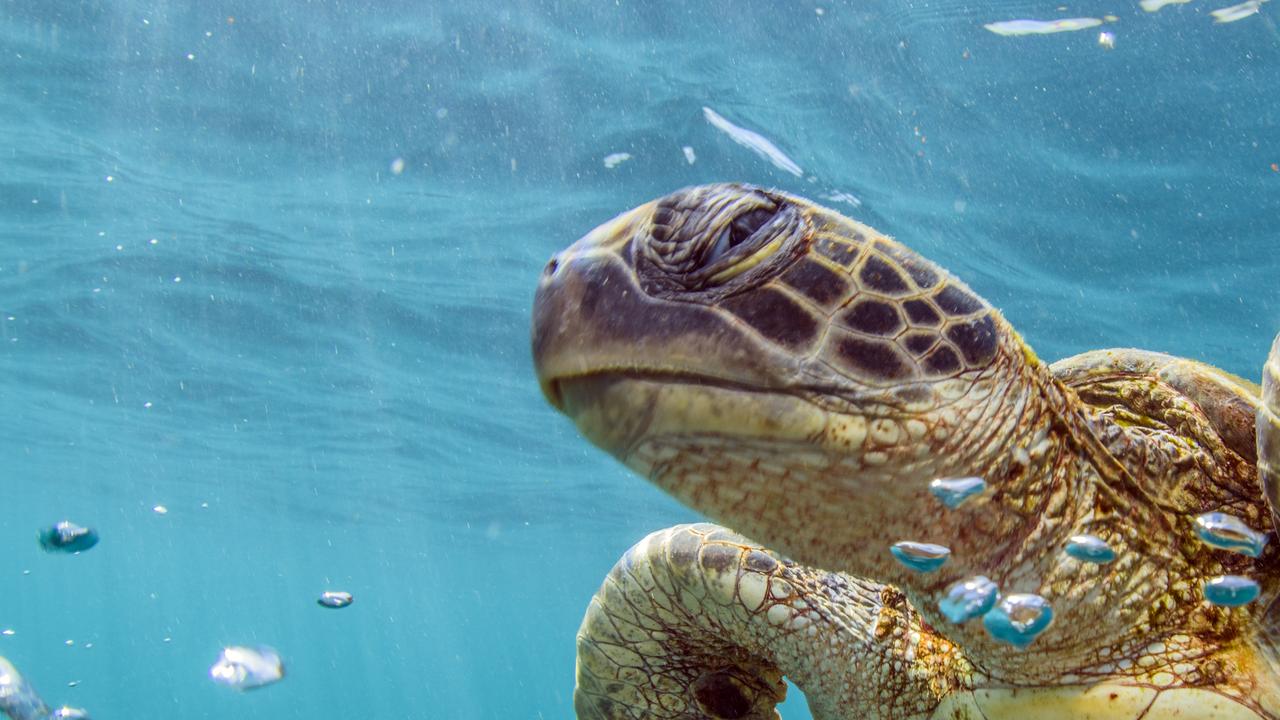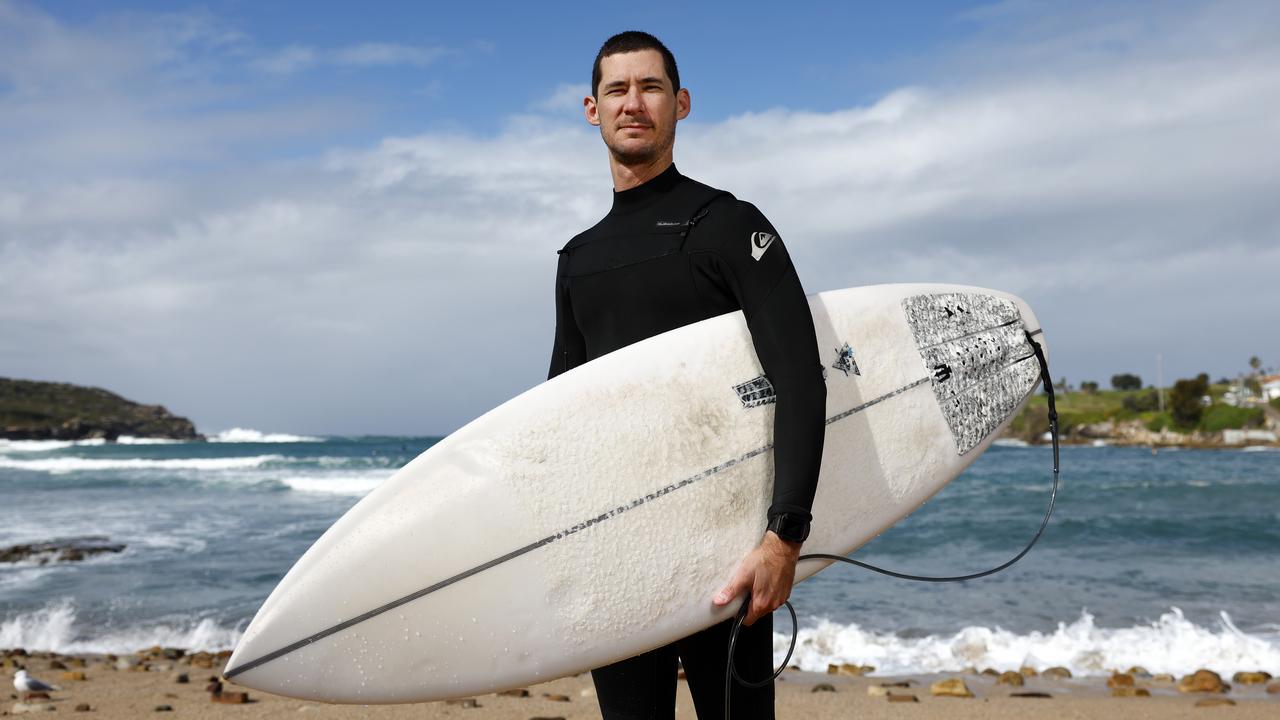Hands-off our names: Backlash to ‘tokenistic’ push to rename Cooks River
There are more important issues for Indigenous Australia than replacing names we all know with confusing, token titles writes Tim Blair.
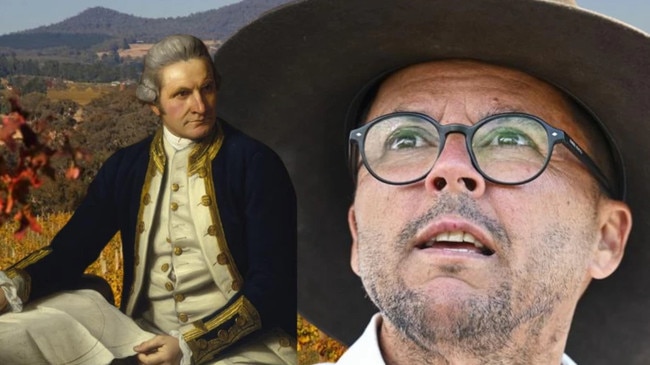
NSW
Don't miss out on the headlines from NSW. Followed categories will be added to My News.
“It’s not really renaming,” Dharawal man Gregory Andrews says of the proposed renaming of the Cooks River in Sydney’s south and southwest to Goolay’yari.
“It’s giving back the name that it’s always had.”
On the other hand, though, it definitely isn’t.
At most, it would be giving the waterway a written Anglicised title based on a spoken Indigenous phrase – complete with a Euro-posh mid-word apostrophe, presumably for added Indigenousness.
The push to rename the river – currently named for British explorer James Cook- comes from four Sydney councils, Sydney Water and an Aboriginal partnership group including people culturally connected to the river.
Mr Andrews – who held consultations for the proposal, and whose own name, by the way, could stand a little non-Anglo renaming – added during a Wednesday chat with the ABC: “It doesn’t detract from James Cook and all of his achievements as a great explorer of his time”.
Except it kind of does. Stripping a person’s name from something isn’t generally considered an honour. Just consider the likes of Alan Bond or Rolf Harris.
“If [Cook] had ‘discovered’ it today, he wouldn’t call it after himself,” Andrews went on, referring to Cooks River. “He probably would ask what it was called.”
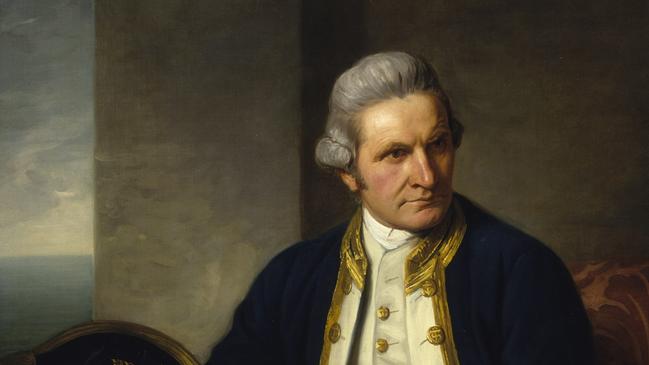
Let’s leave aside the former high-level diplomat’s extraordinary ability to read the mind of someone who was killed nearly 250 years ago, and focus instead on the broader push for Indigenous renaming of existing locations.
Fraser Island is now K’Gari, and Ayers Rock Uluru, Northern NSW’s Cape Byron became Walgun in March while Orange’s Mt Canobolas is called Gaanha-bula and Ben Boyd National Park has been known as Beowa National Park since 2021.
A proposal to rename part of the Blue Mountains Gulumada was discussed last year.
As a practical matter, this push is as confounding as it is tokenistic. Indigenous Australians overwhelmingly speak English.
Australia isn’t Canada, where there are two main recognised languages – horrible semi-English and tortured almost-French – requiring two sets of everything with words on it.
In Australia, we are mostly united by a shared means of communication. This makes life easier. Mention any place or presence or anything at all, and chances are most of us will immediately know what’s going on.
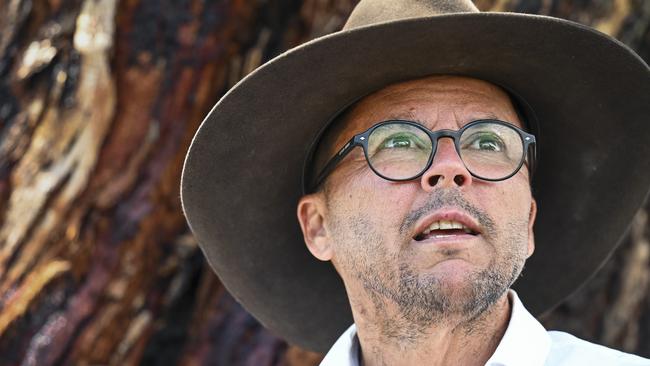
No subtitles are needed. No translations. Everyone’s on the same page: Indigenous, Anglos and myriad others.
By contrast, replacing established Anglo-sounding place names with Indigenous alternatives invites as much difficulty as would be generated by trading in established Indigenous place names for newly-coined Anglo options.
Nobody wants Dubbo to be renamed Land of Busy Bulldozers. Nobody wants Bondi to be renamed Little New Zealand. Nobody wants Woolloomooloo to be renamed We Can’t Afford to Live Here, as accurate as all of those suggestions may be.
Even an aggressively name-changing nation such as India at least gave everyone a hand by making sure new names were similar to old ones. Mumbai sounds like Bombay. Kolkata sounds like Calcutta. Chennai sounds nothing at all like Madras, but you can’t win ’em all.
Our new or proposed names, however, are an absolute lottery. During the AFL’s recent Sir Doug Nicholls Round, named after the athlete and lifelong Indigenous advocate, Melbourne was referred to on scoreboards and in reports as Narrm – “the Aboriginal name for Melbourne”.
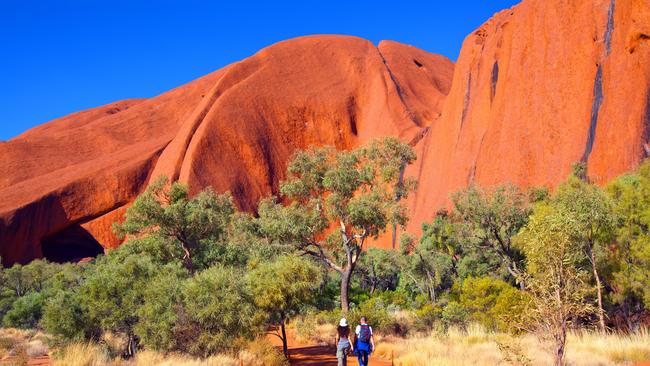
Fremantle became, for that round, Walyalup. According to the AFL, “‘Ngadlu Yartapuulti’ is the direct translation” of “Port Adelaide”.
Also from the AFL, the Adelaide Crows “received language approvals from the Kaurna Warra Karrpanthi Language Corporation” for the use of “Kuwarna”, meaning “crows”.
Translating the West Coast Eagles presented something of a challenge, but the Perth-based AFL outfit was up to it, devising Waalitj Marawar – or “Eagles of the West” – after working “with their Elders in residence and RAP Committee to formulate the name”.
Just a theory, but perhaps there are more urgent Indigenous issues than coming up with unpronounceable token titles that’ll be used for just one round of Australian rules football.
At the same time, place names are important. They indicate physical, historical and even psychological locations. They serve both practical and evocative purposes.
Perhaps the life of Sir Doug Nicholls may provide us with a guide on this issue. Born in Cummeragunja, NSW, the eventual Governor of South Australia died 81 years later in Mooroopna, Victoria.
His entire life working on behalf of Indigenous Australians was bracketed by Indigenous place names. To celebrate Sir Doug and other Aboriginal activists, then, it might be best to find new places to be honoured with Indigenous names rather than renaming existing sites.
The appropriate circumstances for this are right in front of us.
Sydney, NSW and much of Australia are suffering from a prolonged housing shortage. As that shortage is addressed, we’ll hopefully soon be blessed with a great many new suburbs, towns and possibly even cities.
They’ll all need new names. Leave Cooks River alone as a historical marker, and get Indigenous naming strategies in order for the next Australia.
Think of each one as an opportunity for unity.
Do you have a story for The Daily Telegraph? Message 0481 056 618 or email tips@dailytelegraph.com.au




